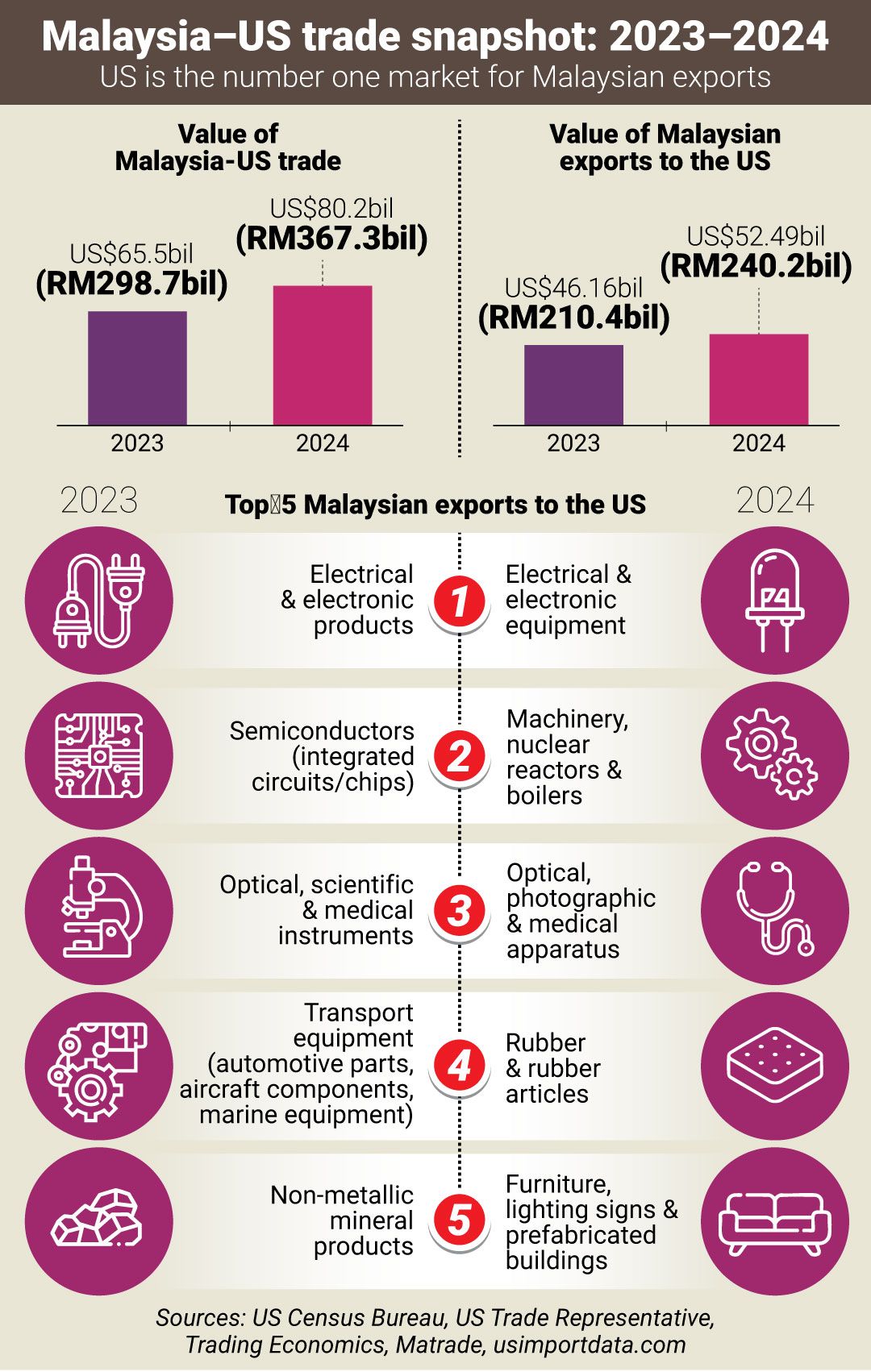Victor Gao: ‘China has become a very powerful force promoting peace
Victor Zhikai Gao[a] (born 1962) is a Chinese lawyer, businessman,[1] and academic who is the vice president of the Beijing-based Center for China and Globalization (CCG).
Gao is an expert on international relations at Soochow University,[2] where he is a Chair Professor. Gao is also a member of the Beijing Municipal Committee of the Revolutionary Committee of the Chinese Kuomintang, a minor and non-oppositional party under the direction of the Chinese Communist Party.[3] He was formerly a translator for Chinese leader Deng Xiaoping.[4][5][6]
Early life and education
Gao was raised in rural China during the 1970s.[7] He attended high school in Southern China. When Chinese Communist Party leader Deng Xiaoping reopened universities during the Chinese economic reform, Gao convinced local authorities to allow him to take the Gaokao for college admission in 1977 before he had graduated high school.[8]
Gao received a Bachelor of Arts (B.A.) in English language and literature from Soochow University in 1981,[9] then earned a Master of Arts (M.A.) in English language and literature from Beijing University of Foreign Studies in 1983. He pursued graduate studies in the United States at Yale University, where he graduated with a master's degree in political science in 1990 and then a Juris Doctor (J.D.) from Yale Law School in 1993.[10] He was admitted to the New York State Bar Association in 1994.[11]
Career
From 1983 to 1988, Gao was a translator for Deng Xiaoping.[7] He was also a member of the Ministry of Foreign Affairs from 1983 to 1989 at the United Nations Secretariat in New York. After leaving the Ministry of Foreign Affairs in 1988, Gao was recommended by Henry Kissinger to study at Yale University, where he earned a Juris Doctor degree from Yale Law School in 1993. Then he was a policy adviser for the Hong Kong Securities and Futures Commission from 1999 to 2000.[12]
Gao has been an investment banker for Morgan Stanley.[13] He is a director of the China National Association of International Studies[14] and an executive director of Beijing Private Equity Association.[15] Gao is the vice president of the Center for China and Globalization.[16]
According to Foreign Policy, "Gao was once treated as a reputable interlocutor in U.S.–China relations."[17]
Views
Hong Kong
In 2014, Gao condemned pro-democracy protests in Hong Kong as illegal and provocative.[18] He supports the 2020 Hong Kong National Security Law.[19]







